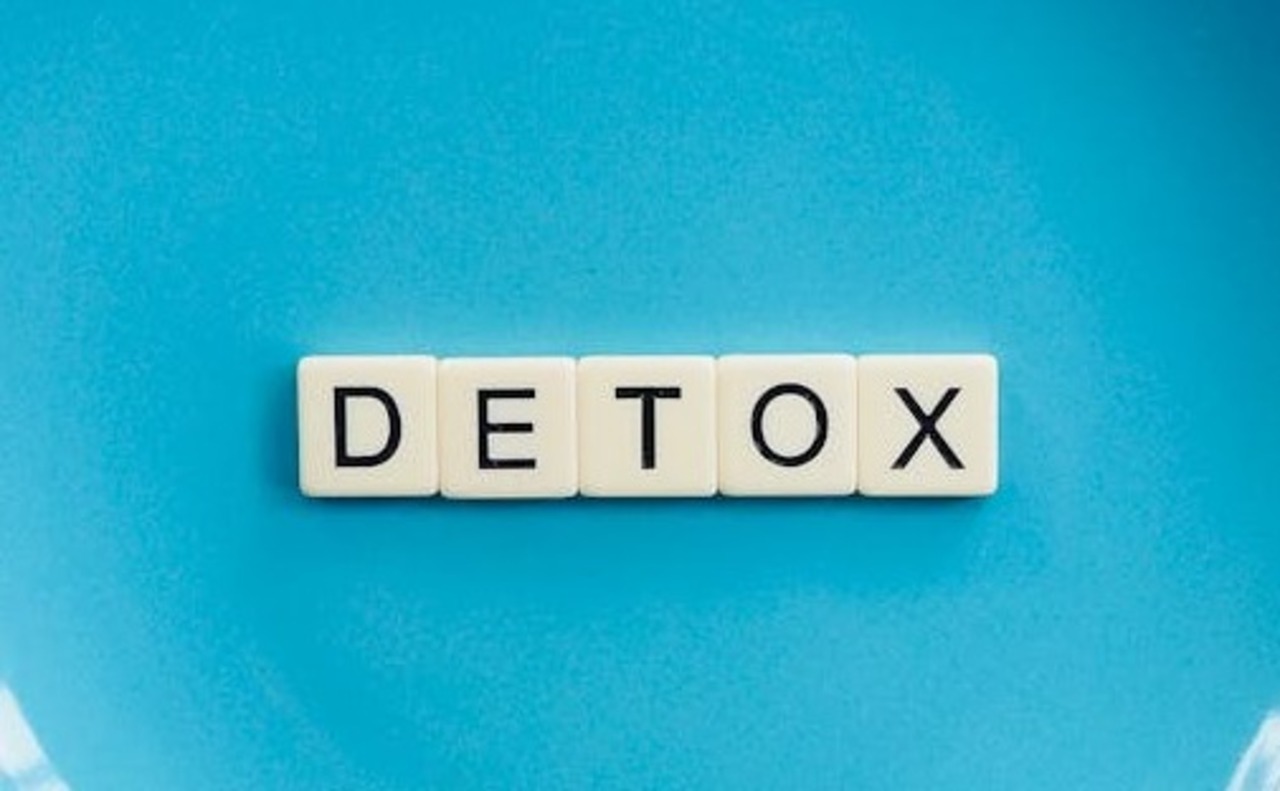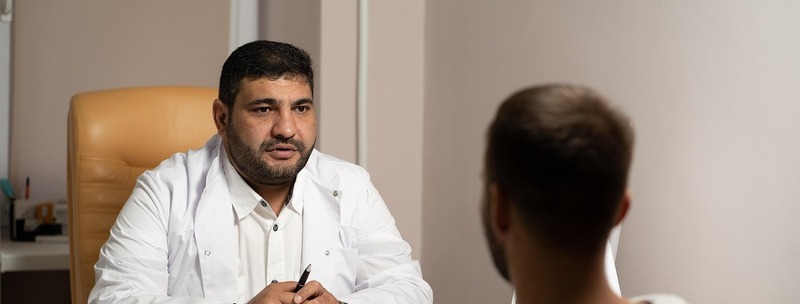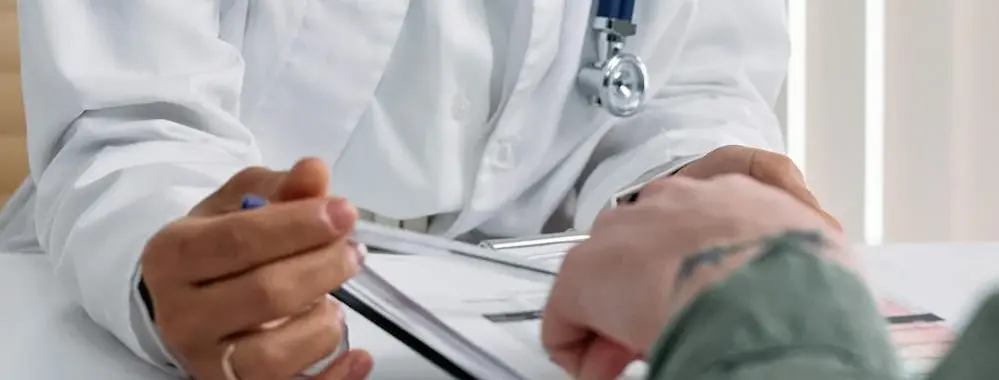Addiction takes a toll on both the mind and body, often leading to malnutrition, vitamin deficiencies, and poor overall health. That’s why nutrition in rehab is a critical component of recovery.
A balanced diet not only helps repair the physical damage caused by substance abuse but also supports mental health, reduces cravings, and boosts energy levels.
Whether you’re in outpatient detox or a rehab program, understanding the role of nutrition can empower you to take control of your recovery journey.
Why is Nutrition Important in Rehab?
Nutrition plays a vital role in addiction recovery for several reasons:
- Repairing the Body:
- Substance abuse often leads to malnutrition, organ damage, and weakened immune systems. Proper nutrition helps repair these issues by providing essential vitamins, minerals, and nutrients.
- Stabilizing Mood:
- A balanced diet can improve mental health by stabilizing blood sugar levels and supporting brain function. Foods rich in omega-3 fatty acids, for example, have been shown to reduce symptoms of depression and anxiety.
- Boosting Energy:
- Recovery requires physical and emotional energy. Nutrient-rich foods like lean proteins, whole grains, and fresh fruits and vegetables provide the fuel needed for healing.
- Reducing Cravings:
- Certain foods can help reduce cravings for drugs or alcohol by balancing neurotransmitters like dopamine and serotonin. For example, protein-rich foods can stabilize blood sugar levels, preventing energy crashes that may trigger cravings.

Common Nutritional Challenges in Recovery
Individuals in recovery often face specific nutritional challenges, including:
- Poor Eating Habits: Many people struggling with addiction have a history of irregular or unhealthy eating patterns.
- Vitamin Deficiencies: Substance abuse can deplete essential vitamins like B12, D, and magnesium, which are crucial for physical and mental health.
- Digestive Issues: Alcohol and drug use can damage the digestive system, making it harder to absorb nutrients.
- Emotional Eating: Stress and anxiety during recovery may lead to overeating or unhealthy food choices.
Addressing these challenges is a key part of the recovery process, especially in outpatient detox, where individuals are managing their daily lives while undergoing treatment.
Tips for Healthy Eating in Rehab and Outpatient Detox
Here are some practical tips for maintaining a healthy diet during rehab and outpatient detox:
- Focus on Whole Foods:
- Incorporate fruits, vegetables, lean proteins, whole grains, and healthy fats into your diet. These foods provide essential nutrients and support overall health.
- Stay Hydrated:
- Drink plenty of water to support detoxification and overall health. Dehydration can worsen withdrawal symptoms and sap energy.
- Balanced Macronutrients:
- Ensure each meal includes a mix of protein, carbohydrates, and fats to maintain energy levels and stabilize mood.
- Address Cravings with Nutrition:
- Foods high in protein and fiber can help stabilize blood sugar and reduce cravings. Nuts, seeds, and legumes are excellent options.
- Avoid Processed Foods:
- Limit sugar, caffeine, and processed foods, which can negatively impact mood and energy levels.
- Plan Meals Ahead of Time:
- Preparing meals in advance can help you stay on track with your nutrition goals, especially during busy or stressful times.

The Role of Nutrition in Outpatient Detox
In outpatient detox, individuals often balance treatment with their daily responsibilities, making nutrition even more important. Here’s how healthy eating can support outpatient detox:
- Managing Withdrawal Symptoms:
- Proper nutrition can help alleviate some withdrawal symptoms, such as fatigue, irritability, and digestive issues.
- Supporting Mental Health:
- A balanced diet can improve mood and reduce anxiety, which are common challenges during detox.
- Building a Foundation for Recovery:
- Establishing healthy eating habits during outpatient detox sets the stage for long-term recovery and overall well-being.
FAQs About Nutrition in Rehab and Outpatient Detox
Nutrition helps repair the body, stabilize mood, boost energy, and reduce cravings, making it a critical component of recovery.
Limit sugar, caffeine, and processed foods, which can negatively impact mood and energy levels.
Foods high in protein and fiber can stabilize blood sugar levels, preventing energy crashes that may trigger cravings.
Vitamins like B12, D, and magnesium are crucial for repairing the body and supporting mental health.
Plan meals ahead of time, focus on whole foods, and stay hydrated to support your recovery journey.
Fuel Your Recovery with Proper Nutrition
Nutrition is a powerful tool in addiction recovery, helping repair the body, stabilize mood, and reduce cravings. Whether you’re in rehab or outpatient detox, focusing on a balanced diet can support your physical and emotional healing.
By making healthy eating a priority, you can take an active role in your recovery journey and build a foundation for long-term sobriety.
At CMAR (Colorado Medication Assisted Recovery) in Denver, we understand the importance of a holistic approach to recovery. While we don’t offer specific nutrition programs, we encourage individuals to prioritize healthy eating as part of their recovery journey. By making healthy eating a priority, you can take an active role in your recovery and build a foundation for long-term sobriety.
















































